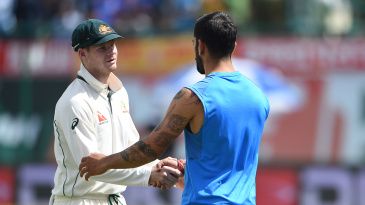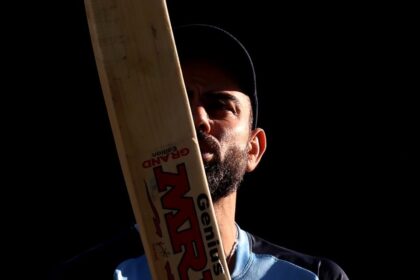From Shikhar Dhawan’s gestures towards an injured Shane Watson in 2013 to the controversial figure of David Warner as the official provocateur on the 2014-15 tour, the rivalry between India and Australia has been synonymous with intensity. However, after the ball-tampering scandal in Cape Town, something changed. In the past, clashes between both teams often bordered on physical confrontation. But India’s tour to Australia in 2018-19, although promising to be the most tense, marked a turning point. The series was characterized by an exchange of jokes, different from the hostility that usually accompanied the matches between both countries. During last year’s World Cup, India’s captain, Virat Kohli, asked Indian fans to stop booing Steven Smith, who was returning to the field after serving his suspension. This gesture reflected a change in the dynamics of the rivalry. Before the start of the 2020-21 Test series, the question arises as to whether this new mutual respect could affect the intensity of the matches. Kohli, when asked about the reasons for the improvement in relations, highlighted the growing familiarity between the players due to their participation in the IPL and the maturity of the protagonists. Australia, after the Cape Town incident, has recognized the need to improve its behavior, seeking a balance between competitiveness and exemplary conduct. Furthermore, this year has prompted many to reassess their priorities.
It’s a combination of all those factors. This year has also made people realize that many things might not have been necessary in the past, where grudges were held and there was unnecessary tension between teams and individuals, which is absolutely useless.
Virat Kohli










